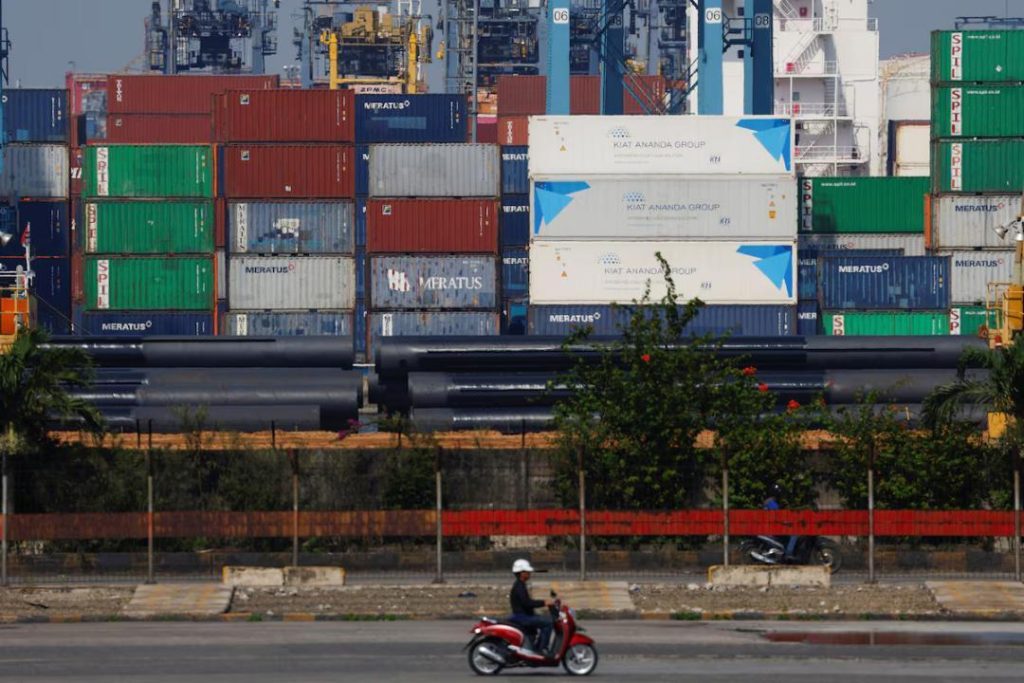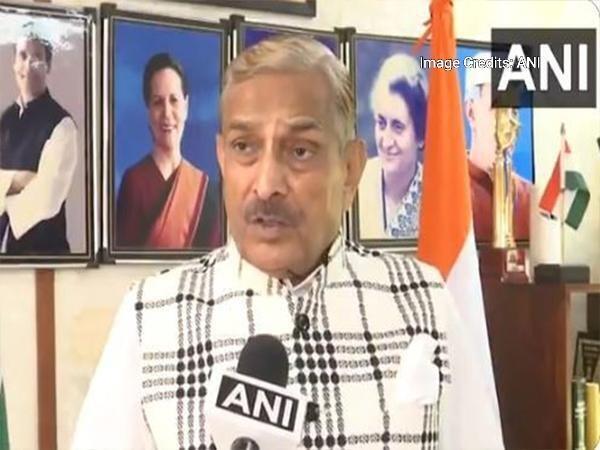
Indonesia to Not Retaliate Against Trump’s Tariff: Senior Minister
In a move that signals a commitment to diplomacy and cooperation, Indonesia’s senior economic minister, Airlangga Hartarto, has announced that the country will not retaliate against the 32% trade tariff imposed by US President Donald Trump. This decision comes as a surprise to many, given the widespread reaction of other countries to Trump’s tariffs.
Indonesia, which has a significant trade surplus with the US, has chosen to take a different approach. According to Hartarto, the country will instead pursue diplomacy and negotiations to find mutually beneficial solutions. This decision is seen as a pragmatic move, given the importance of the US market to Indonesia’s economy.
Indonesia’s decision not to retaliate is a significant development in the ongoing trade tensions between the US and other countries. Trump’s tariffs have been met with widespread criticism and outrage, with many countries vowing to take retaliatory measures. However, Indonesia’s senior economic minister has taken a more measured approach, opting to engage in dialogue rather than escalating the situation.
So, why has Indonesia chosen not to retaliate? According to Hartarto, the country’s focus is on finding solutions that benefit both parties. “We will not take retaliatory measures,” he said in a statement. “Instead, we will continue to engage in diplomacy and negotiations to find mutually beneficial solutions.” This approach is seen as a pragmatic move, given the significant trade surplus that Indonesia enjoys with the US.
Indonesia’s trade surplus with the US is substantial, with the country posting a $16.8 billion surplus last year. The country’s main exports to the US include electronics, apparel, and footwear. These goods are highly valued in the US market, and Indonesia’s exports to the country have been growing steadily in recent years.
In addition to its significant trade surplus, Indonesia’s decision not to retaliate is also seen as a result of the country’s desire to maintain good relations with the US. Indonesia and the US have a long-standing relationship, and the country has been a key partner for the US in Southeast Asia.
The decision not to retaliate is also seen as a smart move from an economic perspective. Retaliatory measures could have serious consequences for Indonesia’s economy, including lost trade and investment opportunities. By choosing not to retaliate, Indonesia is able to maintain its economic relationship with the US, while also sending a signal to other countries that it is committed to finding peaceful solutions to trade disputes.
In conclusion, Indonesia’s decision not to retaliate against Trump’s tariff is a significant development in the ongoing trade tensions between the US and other countries. The country’s senior economic minister has chosen to focus on diplomacy and negotiations, rather than escalating the situation through retaliatory measures. This approach is seen as a pragmatic move, given the significance of the US market to Indonesia’s economy.
As the world watches the trade tensions unfold, Indonesia’s decision not to retaliate is a beacon of hope. It shows that even in the face of adversity, countries can choose to work together to find solutions that benefit all parties. And as the world becomes increasingly interconnected, the importance of diplomacy and cooperation cannot be overstated.






